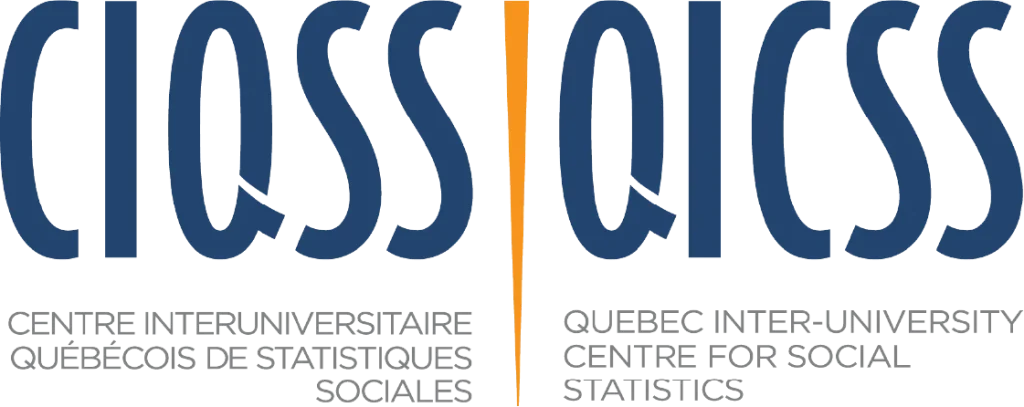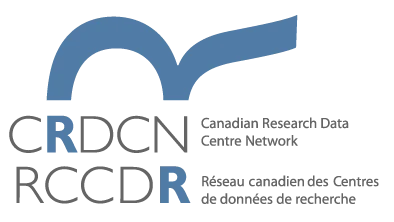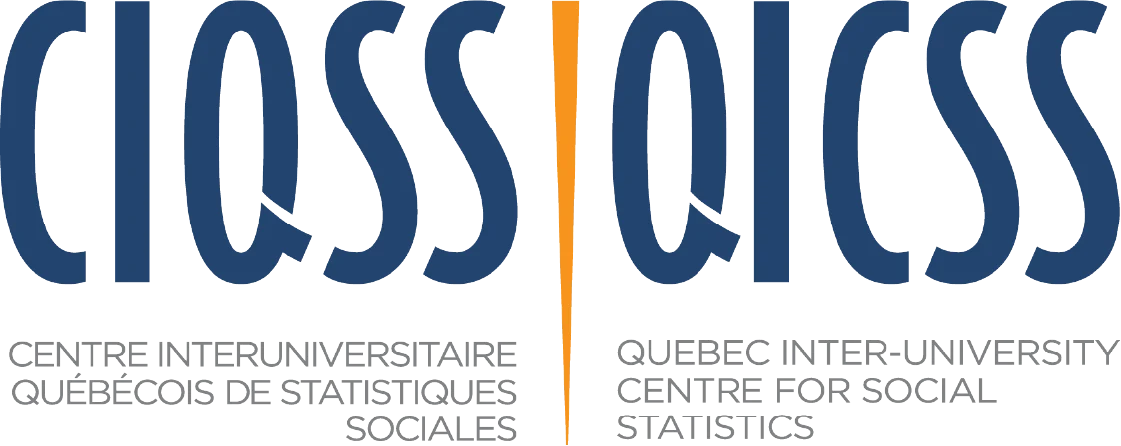Frequently asked questions
Frequently asked questions
Access to data and procedures
Who can access microdata at the QICSS?
The university research community, including teaching staff, the student population, postdoctoral fellows and research personnel, as well as governments, for-profit and not-for-profit organizations and enterprises, may request access to Statistics Canada microdata in our laboratories.
What data are available at the QICSS?
The QICSS hosts a vast array of survey and administrative data, integrated, depersonalized and unaggregated, for research purposes. For a list of Statistics Canada microdata available in our laboratories, click here.
Why do I need to submit a project and sign a research contract?
The Statistics Act requires that access to depersonalized microdata be reserved to Statistics Canada personnel, to individuals who are deemed employees by Statistics Canada or to contract employees of the organization. To obtain such access, an individual must sign a contract that designates them as a Deemed Employee of Statistics Canada, and which commits them to not divulging any information that would allow data to be associated with a specific person. This procedure guarantees to those who respond to Statistics Canada surveys that their information will remain confidential and will be used solely for legitimate research purposes.
What is the procedure to follow to access microdata?
Anyone interested in accessing Statistics Canada microdata in our laboratories must submit a research proposal via the Microdata Access Portal (MAP) and undergo a security check to obtain the title of deemed Statistics Canada employee. The procedure to be followed may vary according to the different categories of users.
To view the complete procedure involved in accessing Statistics Canada data, click here.
How does Statistics Canada’s Microdata Access Portal work?
If you have any questions about using Statistics Canada’s Microdata Access Portal, please consult their frequently asked questions. You can also contact the Microdata Access Division team at the following e-mail address: statcan.dad-apu-dad-uta.statcan@statcan.gc.ca
Why do I need to undergo a security screening, and what does that entail?
For all questions relating to the security screening required by Statistics Canada, please see their Frequently Asked Questions.
Why are fees-for-service charged in relation to certain projects carried out in Statistics Canada laboratories?
Some projects may incur service fees in accordance with the CRDCN Access and Fee Policy. For example, the participation of academic consultants under government or third-party contract may generate fees, as may research conducted by unaffiliated academics, government agencies or the private sector. Fees vary according to the type of user and the level of access required. Consult the CRDCN Access and Service Fees Policy (ASFRP ) for more information.
Where can I conduct my analyses?
The QICSS has five laboratories, located respectively at Université de Montréal, McGill University, UQAM, Université de Sherbrooke and Université Laval. To see the contact information for the laboratories, and a listing of the personnel working there, please go to the following page
For administrative needs relating to files, one laboratory must be designated as a primary research centre. However, a researcher may work in a simultaneous fashion in more than one laboratory. If necessary, you can make a request on this point to the analyst assigned to your project.
In the near future, several data sets will also be accessible remotely via the Virtual Research Data Center (vRDC). For more information, click here.
Usage of data and software
Is it possible to access Statistics Canada datasets that are not in QICSS laboratories?
Yes, the list of datasets on the CRDCN site refers to Statistics Canada datasets currently being used in our laboratories. In principle, all detailed survey, administrative and related data from Statistics Canada can be used in our laboratories. Do not hesitate to inquire about the availability of data even if they are not listed.
Can I use datasets that do not originate with Statistics Canada?
Yes, with certain conditions. To find out more, use this link.
What statistical software do I have access to at the QICSS?
- ArcGIS
- ADePT
- aML
- GAUSS
- HLM
- LISREL
- MATLAB
- MikTex
- MLwiN
- MODGEN
- MS Office
- Mplus
- NLOGIT
- PRO LCA
- Python
- R
- R Studio
- SAS
- SPSS
- Stat/Transfer
- STATA
- SUDAAN
- Visual Studio
Can I request other software?
Yes. If you need other software, you can submit a request to the Statistics Canada analyst responsible for your project.
What is available in the working environments at the QICSS?
Workstations in our laboratories are equipped with quad-core or 8-core processors, 16GB or 64GB of RAM, and SSDs. Each station is equipped with two 22-inch LCD panoramic monitors. As well, our Université de Montréal and McGill-Concordia laboratories offer researchers workspaces and spaces designed for relaxation near the labs.
Managing your research project, and resources
How can I get a modification made to my contract?
For any modification or request related to your project, please contact your Statistics Canada analyst. This includes the addition or removal of team members, the addition of databases, a transfer to another RDC, as well as any request for an extension on analyses that are not yet finished.
Can I obtain funding for my project?
The QICSS’s Scholarship Program provides financial support for Master’s and PhD students. For more information and to apply, click here.
What is the correct way to cite the QICSS in my scientific work or publications ?
All publications and oral presentations of findings obtained through analyses conducted at the QICSS must mention the granting agencies that fund the QICSS and the CRDCN.You will find the appropriate language here.




